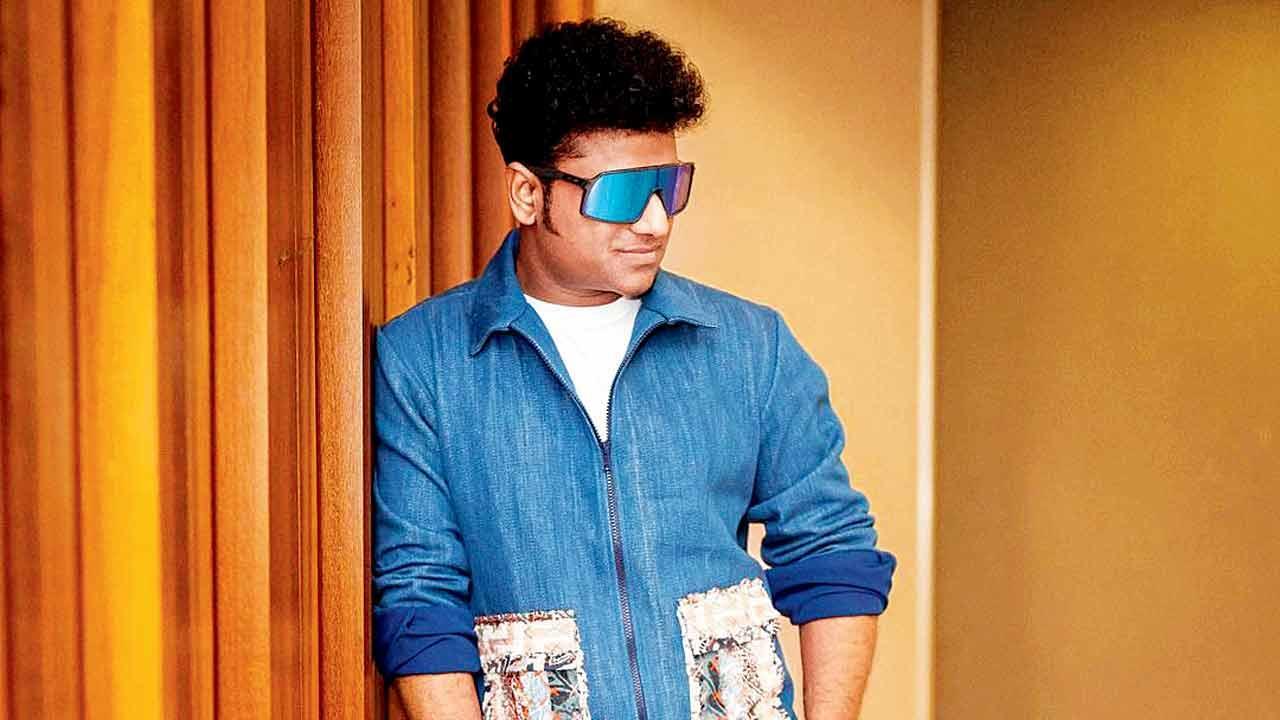In a thriller, there isn’t enough place for songs, as background score becomes the hero-Devi Sri Prasad
8:32 AM
Posted by Fenil Seta

Set to compose for Devgn’s thriller, DSP on making the background score his canvas as genre offers little space for traditional songs
Sonia Lulla (MID-DAY; December 18, 2023)
Speaking to mid-day on the sidelines of the Bollywood Music Project, composer Devi Sri Prasad—fondly referred to as DSP—chronicled how his journey as a live performer enhanced his understanding of creating music for cinema. DSP, who has films like Ajay Devgn’s upcoming supernatural thriller, and Pushpa 2: The Rule in his kitty, breaks down his working process, and the place of visualisation in it. Edited excerpts from the interview.
You’re working on Ajay Devgn and R Madhavan’s supernatural thriller. What are the challenges of composing for that genre?
I’ve never attempted a thriller, so I’m excited. In a thriller, there isn’t enough place for songs, because the background score becomes the hero. I am trying to make the background score catchy so that it seems like a song has been woven into the score. The idea is to make the music addictive so that the score can keep playing in the viewer’s mind. The day that Vikas Bahl narrated it to me, I created three musical pieces immediately. In certain instances, I suggested we create some musical bits for scenes, and then they subsequently shot the portions on that [musical motif]. Now, you can’t even differentiate whether a piece is a song or a background score.
Many films that you’ve composed for, including Pushpa: The Rise, have bridged the gap between films from Bollywood and the South industries. How has this change affected you?
Those who [come across my work] due to my Hindi numbers are now also listening to my Tamil and Telugu songs. I have built a new relationship, and connect directly with my fans from North India, and I am enjoying it. It has been my dream to create music that crosses borders. And with my upcoming singles, I aim to do that.
What has been your biggest learning experience after spending years as a performer, and how has that influenced your work as a composer?
To understand the reception of a song, you need to consider not only the audience, but also the atmosphere and timing. For example, if my show has been announced for 7 pm, it may start with a different song set. But, if the same show is delayed, and begins at 8 pm, you need to revisit the set because the audience will not have patience at that time. Only when you present a song at the right time will you be able to gauge the appropriate response to it. Being a performer has been of great help to me as a composer. As you understand the kind of music that people are grooving to, and that which gets them emotional, you can translate that learning from the stage to the screen. Being imaginative has its own benefits.
Visual power is immense. When I compose a song for my film, I close my eyes and imagine performing it for a lakh listeners at a concert. I try to decipher how many of them would actually vibe to it. More often than not, I am able to predict things accurately, even before a song releases. I can analyze the elements of the song that will move the listener, and determine the place at which the hook step must be placed. Because I have that understanding, directors leave the film to me. Sometimes, I suggest that a musical piece be added in a situation, or a fight scene, or that a song be removed at another instance where a prominent background score may suffice. Trust is the most important and toughest thing to build in our career, and I’ve built that with my directors and producers.
This entry was posted on October 4, 2009 at 12:14 pm, and is filed under
Devi Sri Prasad,
Devi Sri Prasad interview,
Interviews,
Pushpa: The Rise - Part 01,
Vikas Bahl
. Follow any responses to this post through RSS. You can leave a response, or trackback from your own site.
Subscribe to:
Post Comments (Atom)
Post a Comment